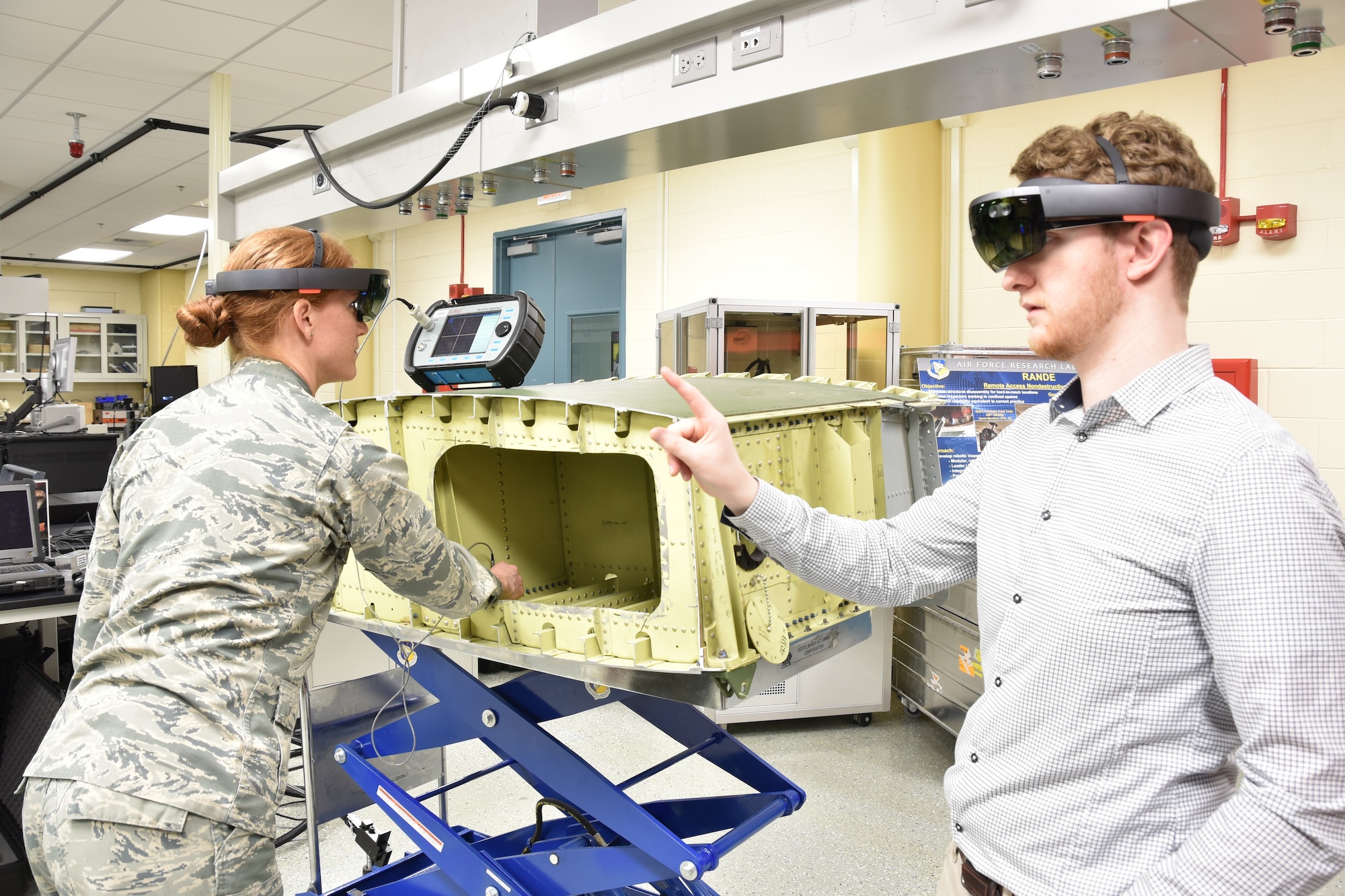Intro
One area where technology is making a considerable effect is previous permissions– a procedure that has actually long been criticized for its complexity and time-consuming nature. As techniques look for methods to boost performance and enhance person care, a digital assistant for prior authorizations arises as an appealing service.
Recognizing Prior Authorizations
Prior consents are a critical element of the medical care payment process, offering as a mechanism for insurance provider to validate the requirement and relevance of particular clinical therapies or medicines before they are carried out. This process entails doctor submitting detailed paperwork to insurance provider, which then assess the request to approve or reject protection. While prior permissions intend to control healthcare expenses and make certain appropriate care, they usually present challenges to doctor by causing hold-ups, management problems, and hindering client contentment.
Obstacles in Current Practices
Management Concerns
The administrative work connected with previous authorizations is significant. Medical care carriers have to navigate intricate forms and differing requirements from different insurance coverage companies and track authorizations or rejections.
Delays in Person Care
The moment taken to complete previous permissions can lead to therapy delays, negatively impacting person outcomes. People might experience raised anxiety while waiting for their needed medicines or procedures, and in some cases, therapy might be held off to the factor of affecting prognosis. These hold-ups underscore the value of simplifying the prior permission process to focus on client treatment and decrease disruptions.
Varied Demands
Differing needs amongst insurance companies add complexity, as each payer might have distinct kinds, treatments, and paperwork demands. This lack of standardization suggests that doctor need to stay updated with each insurance provider’s specifics, adding to the moment and initiative called for to refine authorizations precisely.
The Function of Virtual Aides
Virtual aides, in the context of medical care, refer to digital devices that interact with method monitoring systems, automate certain jobs, and boost process efficiency. Online assistants can substantially boost exactly how prior consents are handled when integrated properly. Below’s just how they add to this procedure:
Simplifying Processes
Virtual assistants can automate numerous elements of the prior consent procedure, from client data access to communicating directly with insurance sites. By decreasing manual input and error, these tools can lower turn-around time and improve entry precision, making sure that all required paperwork is supplied on the very first effort.
Enhanced Interaction
Virtual aides can user interface with electronic health documents (EHRs) and other electronic platforms, assisting in better communication between health care providers and insurer. By automating follow-ups and condition checks, these devices ensure an extra predictable process, minimizing the need for duplicated phone calls or e-mails that eat useful team time.
Decreasing Hold-ups
Virtual aides assist reduce client wait times by speeding up the administrative processes included in previous authorizations. They accomplish this by pre-populating types with patient information, validating documentation completeness, and utilizing configured procedures that line up with payer-specific requirements for smooth submission.
Integration into Healthcare Technique
Picking the Right Tool
Choosing the ideal online assistant for a health care method needs extensively examining the offered options’ functions, compatibility with existing systems, and convenience of use. Practices must try to find virtual aides with customizable design templates, protected data handling, and durable assistance solutions.
Team Training and Application
Incorporating online assistants right into health care methods includes technical implementation and personnel readiness. This consists of training employees to effectively use online assistants and adapt to new operations. Familiarity with the virtual aide’s control panel, establishing up job priorities, and understanding the extent of automated procedures are necessary steps towards successful integration.
Monitoring and Evaluation
Continuous analysis of the digital aide’s performance is important to fulfilling the method’s needs. This includes monitoring vital performance indicators such as authorization approval time, mistake prices, and personnel satisfaction. Responses from administrative personnel and medical specialists assists adjust the digital assistant’s capability and resolve any kind of problems that develop.
Advantages of Integration
Boosted Performance
Virtual aides considerably improve operational efficiency by automating recurring tasks related to prior permissions. This performance releases personnel to concentrate on tasks needing their specialist know-how, such as straight client treatment and facility case administration.
Expense Financial savings
Lowering the administrative worry leads to route expense savings. With fewer personnel hours devoted to hand-operated previous consents, healthcare suppliers can reallocate resources to other vital areas or decrease above expenses. The quicker processing times associated with digital aides can boost cash money flow by shortening the income cycle.
Enhanced Person Complete Satisfaction
People take advantage of quicker accessibility to essential therapies and medicines, causing higher contentment. Lowering the time invested waiting on prior authorization decisions aids strengthen the patient-provider partnership and ensure a much better medical care experience.
Conformity and Security
Digital aides can enhance compliance with regulative requirements by ensuring paperwork precision and keeping comprehensive audit tracks. These tools frequently consist of inbuilt safety procedures such as file encryption and licensed accessibility controls, which are vital for managing delicate individual information.
Future Factors to consider
Evolving Innovation
As technology developments, virtual assistants are expected to include a lot more innovative features that enhance their capacity to manage prior permissions. Arising modern technologies such as artificial intelligence and information analytics might eventually result in anticipating capacities, expecting concerns prior to they develop and recommending optimal communication methods with insurance firms.
Industry Collaboration
Systematizing prior consent procedures throughout payers could streamline combination with virtual assistants. Industry-wide campaigns concentrated on developing typical methods and interoperable systems would certainly make it less complicated for health care service providers to handle consents while preserving person discretion and top quality treatment.
Continual Education and learning
Recurring education and learning for doctor concerning technical developments and advancing plans associated with prior authorizations is crucial. Establishing training programs and information-sharing platforms will certainly furnish providers with the knowledge needed to harness virtual aides efficiently.
Conclusion
Integrating a digital assistant for previous authorizations DocVA represents a transformative step in the direction of elevating medical care practice. These digital tools allow doctor to provide much more reliable and remote patient monitoring-centered treatment by attending to the complexities related to current permission procedures. As healthcare practices develop, welcoming technology like online aides for previous authorizations will certainly be crucial to conquering management challenges, maximizing process, and boosting the general top quality of care.
As techniques look for means to boost performance and boost client treatment, a digital assistant for previous authorizations arises as an encouraging service. While prior consents aim to control medical care costs and guarantee ideal care, they commonly existing difficulties to medical care companies by causing delays, management concerns, and obstructing individual fulfillment.
Online aides can dramatically improve how previous consents are handled when incorporated correctly. Incorporating a digital aide for previous authorizations DocVA represents a transformative step towards elevating healthcare practice. As healthcare practices advance, accepting technology like online aides for prior permissions will certainly be essential to conquering administrative difficulties, optimizing process, and improving the total quality of care.

